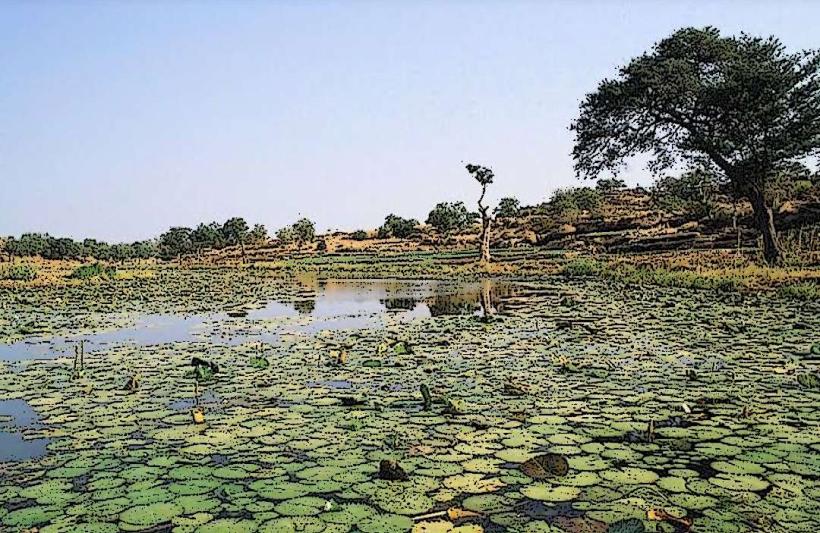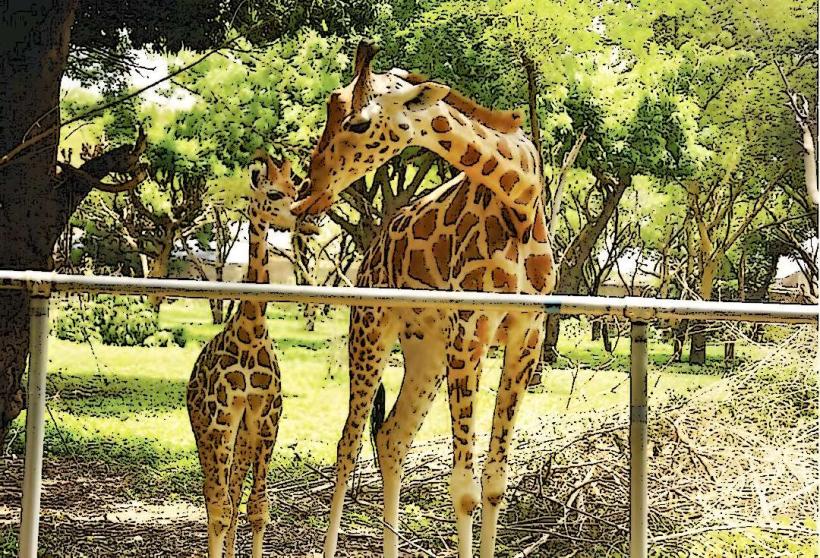Information
City: JigawaCountry: Nigeria
Continent: Africa
Jigawa, Nigeria, Africa
Jigawa State serves as a major agricultural and livestock hub in Northern Nigeria, functioning as a primary producer of dates, hibiscus, and sesame for the international market. It is located in the Sahelian belt, bordered by the Republic of Niger to the north and Kano State to the west.
Historical Timeline
Jigawa State was created on August 27, 1991, carved out of the old Kano State during the military administration of Ibrahim Babangida. The region is historically defined by five ancient emirates: Hadejia, Kazaure, Gumel, Ringim, and Dutse. The primary event shaping its current urban form was the 1991 selection of Dutse as the capital over the more established Hadejia, which necessitated the rapid construction of administrative infrastructure in a previously rocky, rural settlement.
Demographics & Population
The state population is estimated at 7,100,000 as of 2026, with the capital, Dutse, housing approximately 280,000 residents. The demographic is predominantly Hausa and Fulani. The median age is 17.8 years.
Urban Layout & Key Districts
The state is decentralized, with economic activity spread across the five emirate headquarters. Dutse (Administrative) is characterized by its dramatic rocky hills. Key districts in the capital include the GRA, housing the state secretariat and the Federal University Dutse (FUD) corridor. Hadejia remains the primary commercial and irrigation hub in the east.
Top City Landmarks
Dutse Emir's Palace
Birnin Kudu Rock Paintings (Ancient Neolithic art)
Hadejia-Nguru Wetlands (UNESCO Ramsar site)
Baturiya Bird Sanctuary
The Dutse International Airport
Transportation Network
Movement between towns relies on a high-quality network of state and federal highways, often cited as some of the best-maintained roads in the region. Internal transit is dominated by "Keke" (tricycles). The Kano-Maradi rail line project is a major infrastructure development affecting the northern corridor. Traffic density is exceptionally low throughout the state.
Safety & "Red Zones"
The general safety level is high; Jigawa is frequently ranked as one of the safest states in Nigeria. However, caution is advised in the border areas near the Republic of Niger and the Yobe State axis due to regional smuggling and potential spillover from security challenges in the Chad Basin.
Digital & Financial Infrastructure
Average internet speeds are 20–35 Mbps on 4G networks. Main carriers are MTN, Airtel, and Glo. Card acceptance is limited to major hotels in Dutse; the economy is almost entirely cash-dependent, particularly in the cross-border markets of Maigatari. ATMs are concentrated in the Dutse GRA and central Hadejia.
Climate & Air Quality
Temperatures range from 11°C in January to 43°C in April. The state has a semi-arid climate with a short rainy season from July to September. Air quality is poor during the Harmattan (December–February) due to intense Saharan dust and localized agricultural burning.
Culture & Social Norms
Social conduct is governed by strict Islamic and traditional Hausa-Fulani norms. Tipping is voluntary. Conservative dress is mandatory; women should cover their heads and shoulders, and men should avoid shorts in public. Alcohol is prohibited under Sharia law and is not available in public spaces. The Maigatari Livestock Market is a cultural centerpiece, being one of the largest in West Africa.
Accommodation Zones
Dutse GRA: Recommended for high security and proximity to the government secretariat.
Kazaure: Recommended for those visiting the northern agricultural and educational zones.
Local Cost Index
1 Espresso: ₦2,200 ($1.45)
1 Standard Lunch: ₦6,500 ($4.30)
1 Metro/Bus Ticket: ₦400 ($0.27) - Local Keke rate.
Nearby Day Trips
Birnin Kudu Rock Paintings: 45 km (50 minutes from Dutse)
Hadejia Wetlands: 160 km (2.5 hours from Dutse)
Kano City: 100 km (90 minutes)
Wawan Rafi Lake (Kazaure): 120 km (100 minutes)
Facts & Legends
Jigawa is nicknamed "A New World." A local legend in Birnin Kudu suggests that the ancient rock paintings were created by a race of giants who inhabited the hills before the arrival of the Hausa. It is a verified historical fact that the Hadejia Emirate was one of the few to offer significant military resistance to the British colonial forces during the 1906 pacification of Northern Nigeria.



